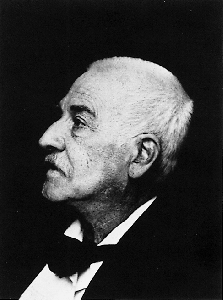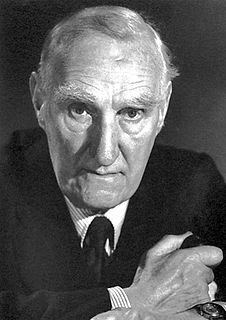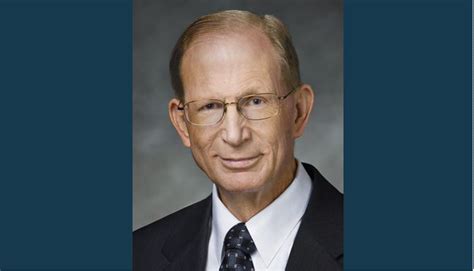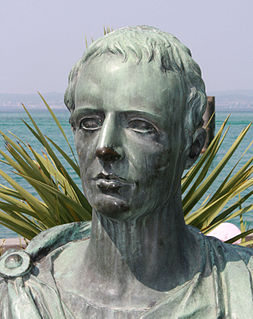A Quote by Desiderius Erasmus
If you look at history you'll find that no state has been so plagued by its rulers as when power has fallen into the hands of some dabbler in philosophy or literary addict.
Related Quotes
For most of human history, the main goal of states has been to conquer land and to achieve glory for their rulers, usually at others' expense. Then in recent decades it was all about GDP. It's only in very recent history that rulers have been willing to commit themselves to helping their citizens live happier lives.
In the history of mankind many republics have risen, have flourished for a less or greater time, and then have fallen because their citizens lost the power of governing themselves and thereby of governing their state; and in no way has this loss of power been so often and so clearly shown as in the tendency to turn the government into a government primarily for the benefit of one class instead of a government for the benefit of the people as a whole.
The seventeenth century is everywhere a time in which the state's power over everything individual increases, whether that power be in absolutist hands or may be considered the result of a contract, etc. People begin to dispute the sacred right of the individual ruler or authority without being aware that at the same time they are playing into the hands of a colossal state power.
I feel that if people investigate the emergence of government, of State power - if they examine the logic of State power historically, and more specifically in the United States - they will find that the concept of limited government is not tenable once they adopt some type of libertarian principle.
Jake was close to tears. In that moment he saw the world in its true light, as a place where nothing had ever been any good and nothing of significance done: no art worth a second look, no philosophy of the slightest appositeness, no law but served the state, no history that gave an inkling of how it had been and what had happened. And no love, only egotism, infatuation and lust.
The militia is the natural defense of a free country against sudden foreign invasions, domestic insurrections, and domestic usurpation of power by rulers. The right of the citizens to keep and bear arms has justly been considered, as the palladium of the liberties of the republic; since it offers a strong moral check against the usurpation and arbitrary power of rulers; and will generally ... enable the people to resist and triumph over them.








































